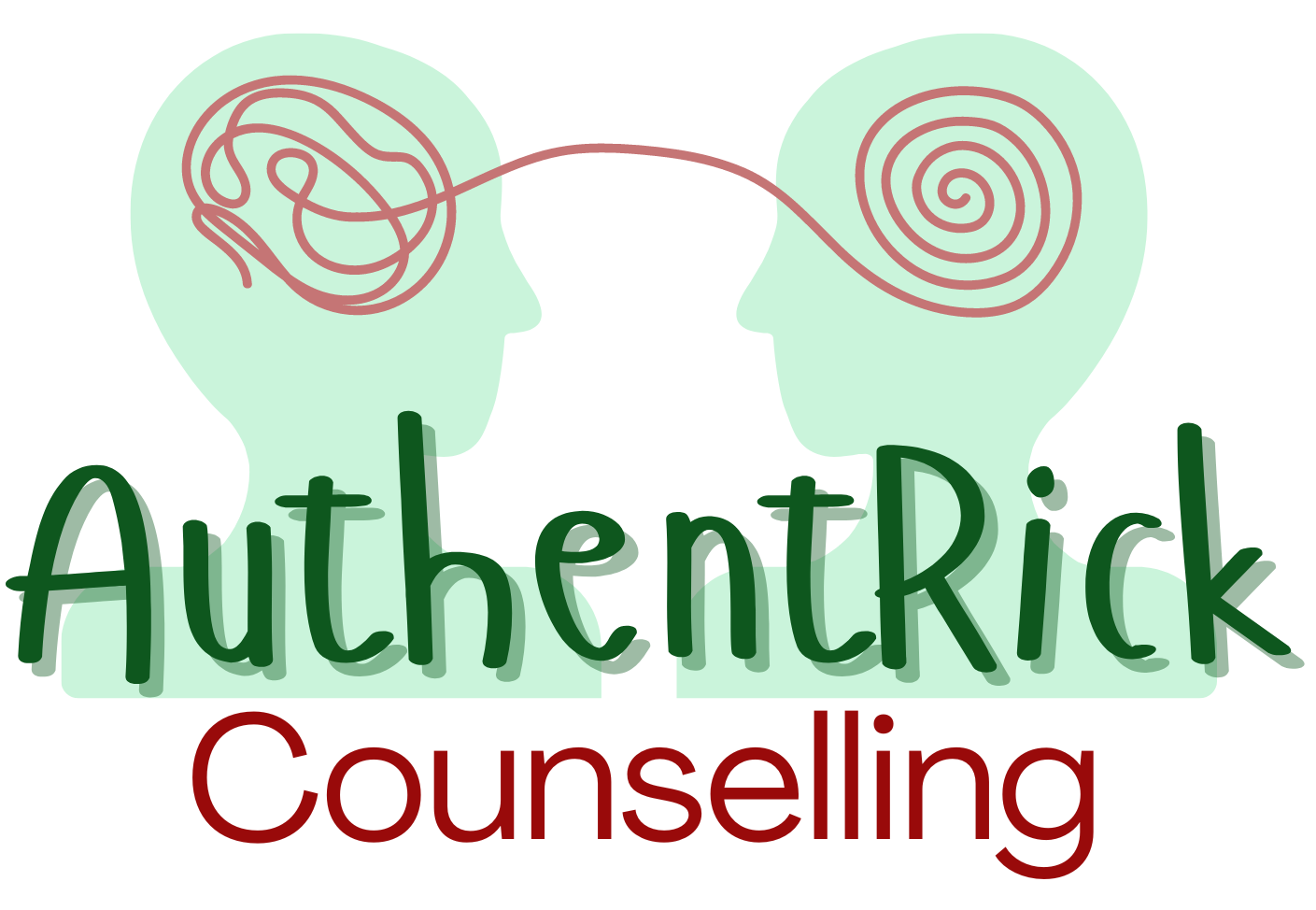Does Mental Health Affect Our Physical Health?
Enjoying this video? Subscribe to our channel
Hello everyone, my name is Ricky, and today is World Mental Health Day.
It’s a good day to raise awareness about the challenges many people face. For anyone out there who is suffering, I see you and I hear you. My hope is that the government sees you and hears you as well on the 30th of October, when they will be announcing the next funding package.
When I worked with agencies like Mind, there was often around a year-long waiting list for help, which is simply too long for those in need. This isn’t a criticism of Mind, as they are a charity; the government needs to do more. However, it’s worth noting that things have improved over the years. I hope that by talking and making videos like this, that trend will continue.
Today’s presentation addresses whether mental health issues can cause physical health problems. However, I want to flip that around and first consider whether physical health issues can cause mental health issues. We know that conditions like chronic illness can lead to sleep problems, stress, worry, and anxiety.
For those with conditions like MS or cancer, the stress from appointments and scans can be overwhelming. Additionally, low self-esteem often affects people with disabilities, and social isolation can increase as people age, impacting anyone with physical health problems.
Now, let’s consider how mental health issues can cause physical health problems. It’s common knowledge that conditions like depression can lead to headaches and fatigue, while anxiety can cause stomach upset. Anyone who has experienced anxiety knows that feeling of nausea. Grief can lead to tightness in the chest and numbness, and severe stress can even result in hair loss. The link between mental health issues and physical symptoms is well established.
Conversely, looking after your physical health can positively impact your mental health. Healthy diets, exercise, and good sleep contribute to better mental well-being. We’ve discussed the impacts of depression, anxiety, and grief, which are less severe compared to what we’ll address next.
In the UK, 26,000 adults with severe mental illnesses die prematurely from preventable physical illnesses. Those with severe mental illness are 6.6 times more likely to die early from respiratory disease, 6.5 times more likely from liver disease, 4.1 times more likely from cardiovascular disease, and 2.3 times more likely from cancer.
With these statistics, it’s hard to understand why the links between physical and mental health aren’t addressed more seriously. From a financial perspective, the government could save money on physical health treatments if they treated mental and physical health together, as they are interconnected.
Traumatic experiences can push our autonomic nervous system into fight or flight or shutdown states. Two people may experience the same incident, but one may cope better, while the other gets stuck in a state of heightened stress or shutdown.
These states instruct our bodies to alter important functions such as breathing, blood flow, and heart rate. If someone remains stuck in these states for a long time—like those with PTSD—they can experience significant negative impacts on their physical health. Research suggests that those in these states are more likely to suffer from muscle pain, heart disease, strokes, and high blood pressure.
Many people believe they won’t be believed when they discuss their mental health issues, which is unfortunate. The reality is, if you have mental health problems, you are more likely to experience physical health problems. I could delve deeper into adverse childhood experiences (ACEs), but I wanted to keep this video brief.
If you have questions about the science behind this, please leave them in the comments, and I’ll respond.
I chose to release this video on World Mental Health Day because mental health is often downplayed. It’s not just about our thoughts; it involves our bodies and everything as a whole. People are dying from suicide, and many are experiencing physical health issues directly related to their mental health.
Additionally, some engage in unhealthy behaviors, such as substance abuse, as a coping mechanism, which can further increase physical health risks.
It’s vital that on October 30th, the government releases more funding for mental health and recognizes it as part of physical health, because they are interconnected.
Our body and mind are one. Please share your thoughts in the comments—do you think more funding is needed? What suggestions would you make to the government for improvement? Have you or someone you know experienced long wait times for help?
Thank you for listening today, and please remember to subscribe if you’d like to see more videos on mental health topics.
